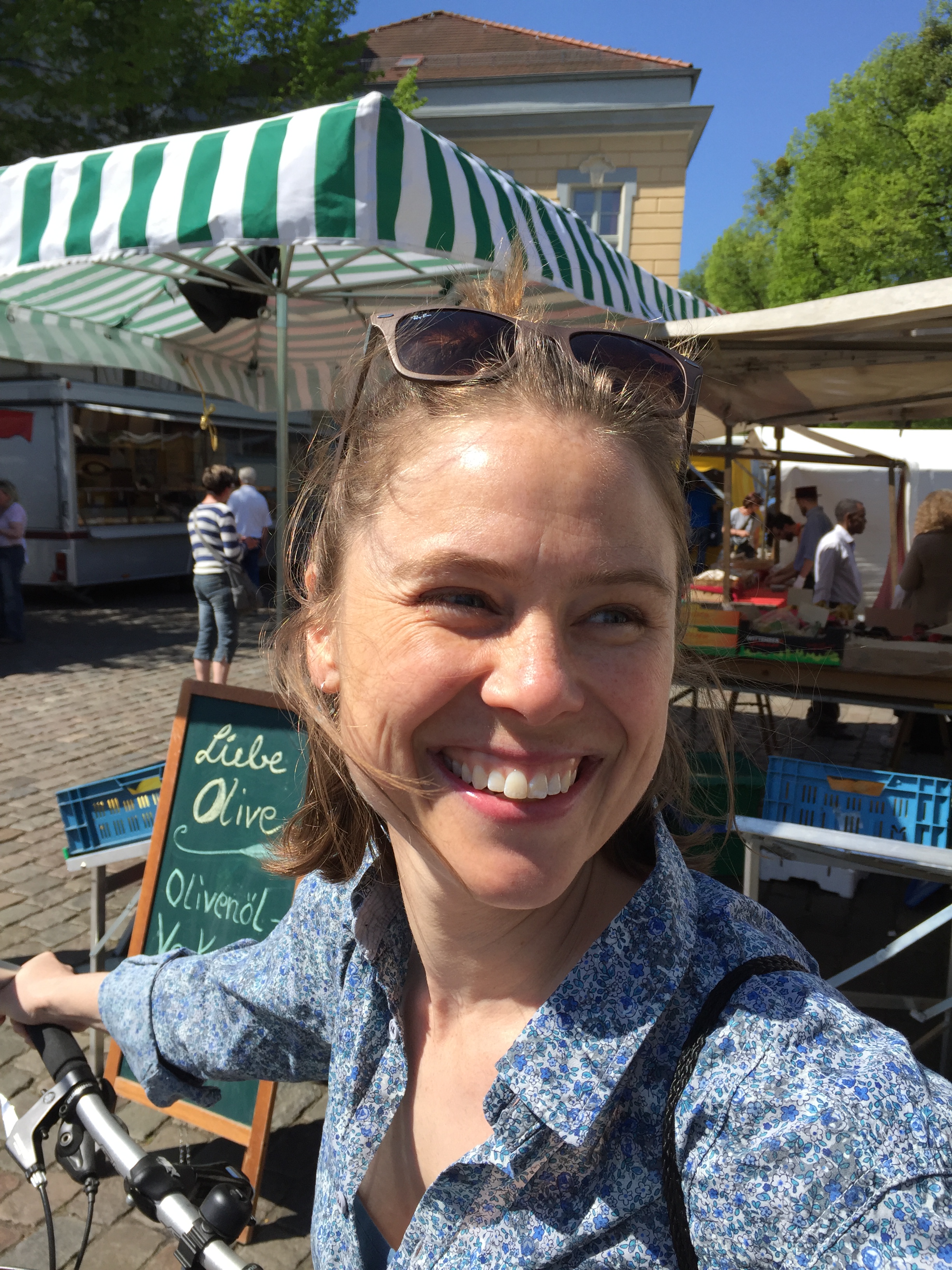Judy Kaplan is a cultural and intellectual historian of the human sciences with a special interest in the history of linguistic research. At the Forum, she will be developing her book manuscript in progress, Big Data and the Reconstruction of Linguistic Prehistory, through an investigation of the role of machine translation in mid twentieth-century comparative and anthropological linguistics. Her work highlights significant continuities in linguistic data practices over roughly the last two hundred years, despite changes in scale and disciplinary affiliation brought with the introduction of electronic computing. Before coming to Penn, she was a postdoctoral research fellow at the Max Planck Institute for the History of Science in Berlin.
Judith Kaplan
Andrew W. Mellon Postdoctoral Fellow in the Humanities
2016—2017 Forum on Translation
Judith Kaplan
History of Science
University of Wisconsin, Madison, 2012
Machine Translation and the Postwar Development of Linguistics
This project explores the relation between machine translation and the discipline of linguistics in the postwar era. First proposed in 1949 as an idealistic “solution to the world-wide translation problem,” machine translation later attracted considerable military interest, both East and West, as a strategic response to the escalating Cold War. Although public investment in machine translation all but died out after the release of an unfavorable report in 1966, the technology had by that time already wrought lasting changes in linguistics. Machine translation gave crucial impetus to the development of structural and syntactic theory, became the foundation of the new field of computational linguistics, and promoted the disciplinary autonomy of the language sciences as a whole. For these reasons, historians have linked the early success of machine translation to a move away from historical and anthropological commitments in linguistics. But there is evidence to suggest that researchers in these sub-disciplines also adapted their work to the tools of machine translation. It was engaged, for example, as a means of identifying cognate words across languages—a first step in the comparative-historical identification and analysis of language families. Informed by, and contributing to, my larger book-length study of linguistic data and the reconstruction of prehistory, I will investigate the uptake of machine translation by those linguists concerned primarily with meaning, cultural relativism, and historical transfer. This research will reframe the twentieth-century historiography of linguistics, calling special attention to the role of computing technologies in its historical and anthropological branches.



